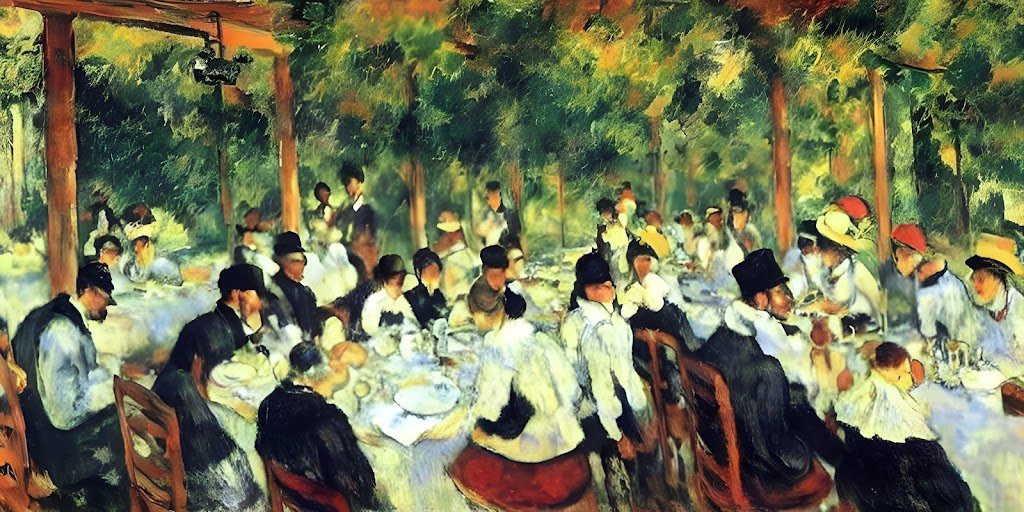Project scheduling problem refers to the process of developing a plan that specifies when tasks will be started and completed, and how resources will be allocated to complete the project. The objective of project scheduling is to minimize the time and cost required to complete the project while ensuring that all constraints are met.
The objective of a project scheduling problem is typically to minimize the project completion time, which is the total amount of time required to complete all the tasks in the project. The objective can also be to minimize the project cost or maximize the project’s value, depending on the specific goals of the project.
The project scheduling problem typically involves a set of tasks that need to be completed, each with a duration and a set of dependencies on other tasks. The constraints that must be satisfied include the availability of resources, such as people, materials, and equipment, as well as other constraints such as deadlines, budget limitations, and quality requirements.
The constraints of a project scheduling problem include:
- Resource Constraints: These constraints specify the availability of resources such as personnel, equipment, or materials, and may limit the number of tasks that can be performed simultaneously.
- Precedence Constraints: These constraints specify the order in which tasks must be performed, i.e., some tasks can only start after others have been completed.
- Time Constraints: These constraints specify the duration or deadline for completing certain tasks or the entire project.
- Budget Constraints: These constraints specify the total cost of the project or the maximum cost that can be spent on certain tasks.
- Quality Constraints: These constraints specify the quality requirements of the project, such as the level of performance or the reliability of the project.
To solve a project scheduling problem, an optimization model can be formulated with the objective function and constraints defined above. This model can then be solved using optimization algorithms such as linear programming, integer programming, or constraint programming. The solution to the model will provide a schedule for the project that satisfies all the constraints and achieves the objective function.
Project Scheduling Problem Example using Pulp Library in Python
Here’s an example of how you can use the Pulp library in Python to solve a project scheduling problem:
# Import required modules
from pulp import *
# Define the project data
tasks = ['Task 1', 'Task 2', 'Task 3', 'Task 4', 'Task 5'] # Task names
duration = {'Task 1': 2, 'Task 2': 3, 'Task 3': 1, 'Task 4': 4, 'Task 5': 2} # Duration of each task
precedence = [('Task 1', 'Task 3'), ('Task 1', 'Task 2'), ('Task 3', 'Task 4'), ('Task 2', 'Task 5'), ('Task 4', 'Task 5')] # Precedence constraints
# Define the optimization problem
prob = LpProblem('Project Scheduling Problem', LpMinimize)
# Define the decision variables
start = LpVariable.dicts('Start', tasks, lowBound=0, cat='Continuous')
finish = LpVariable.dicts('Finish', tasks, lowBound=0, cat='Continuous')
# Define the objective function
prob += lpSum(finish[t] for t in tasks)
# Define the constraints
for t in tasks:
prob += finish[t] - start[t] == duration[t] # Task duration constraint
for p in precedence:
prob += finish[p[0]] <= start[p[1]] # Precedence constraint
# Solve the problem
prob.solve()
# Print the results
print('Optimal Schedule:')
for t in tasks:
print(f"{t}: Start Time = {start[t].varValue:.2f}, Finish Time = {finish[t].varValue:.2f}")
print(f'Total Project Duration: {value(prob.objective):.2f}')

